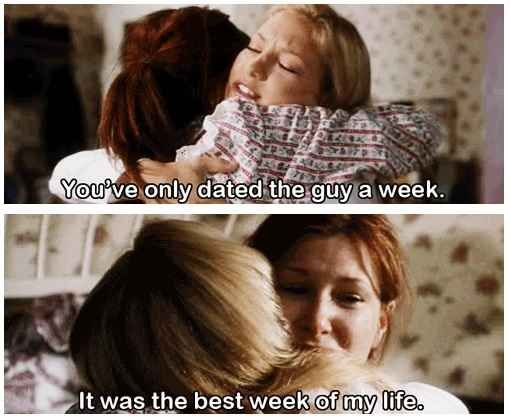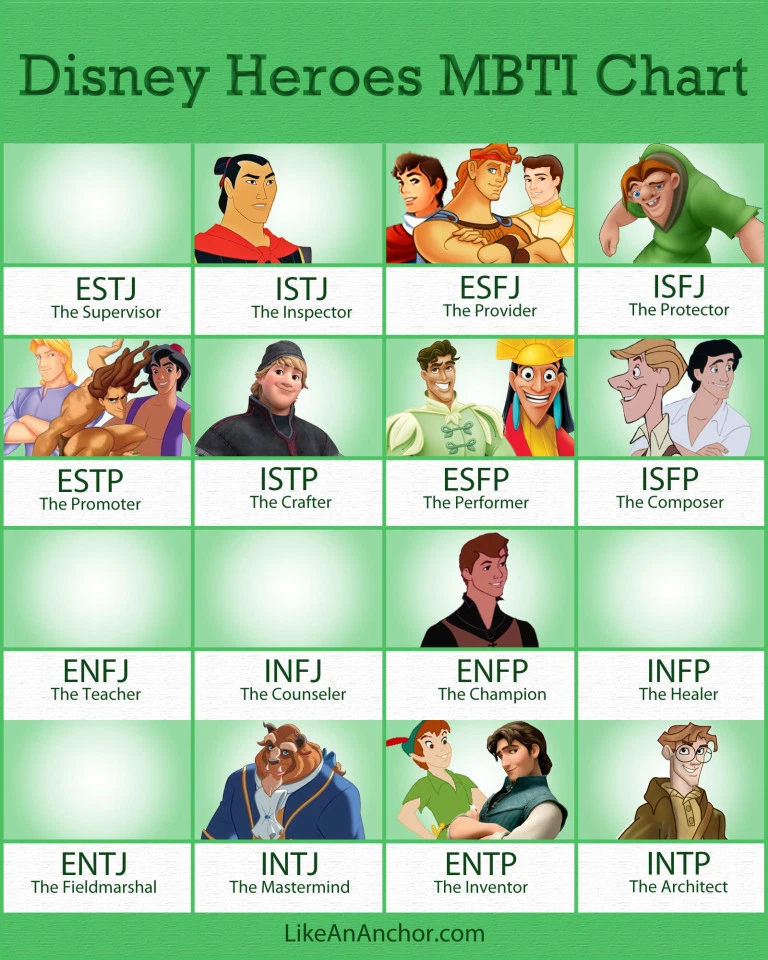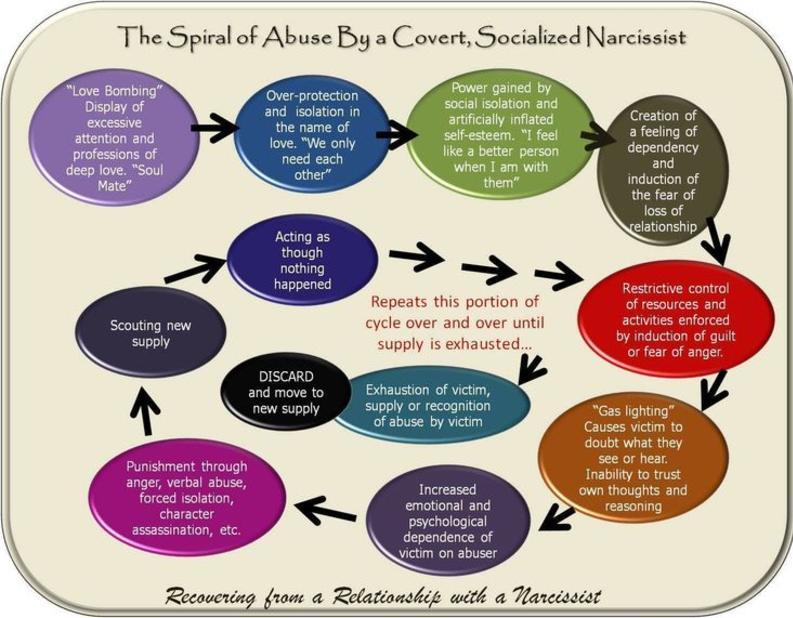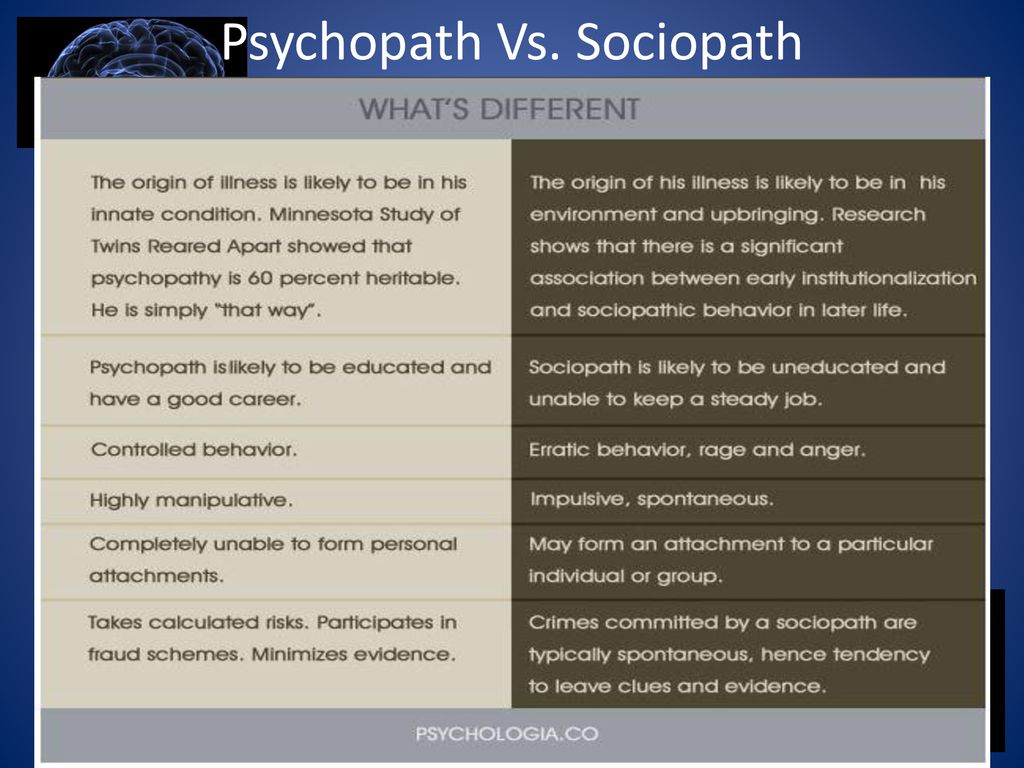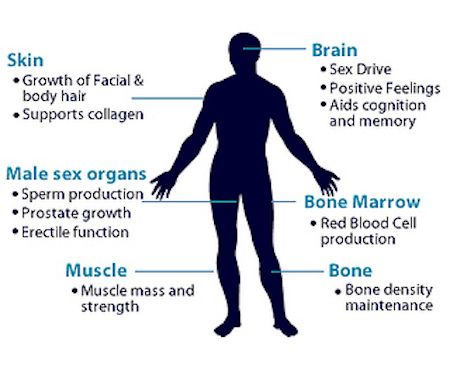I like to be in control
Are You a Control Freak or Do You Like Being In Control?
Blog
- Sophie Personne
- NLP, Tips & Advice - General
A lot of people like and seek control, some would even describe themselves as a control freak…
Control is a deeply engrained behaviour within us because it makes us feel safe. When things happen to us and we don’t feel in control, we feel vulnerable and scared. One of the best ways to describe it is that we want the power to influence and direct people’s actions or the course of events, but especially believe that we are able to obtain the outcome that we want. But are we really in control or is it all an illusion?
The truth is that we may at times have the perception of control but that is all it is, a perception. We may feel that we are in control of other people or outcomes but we’re not. The only thing that we can influence is our own life and happiness.
Even then, we can’t force things to be the way that we believe they should be. This just results in creating anxiety because we aren’t open to what could in fact be better for us.
It is actually about understanding and getting to know yourself properly, what makes you tick, your fears and your ideals. Once you do, you will then also begin to understand others. This will allow you to be able to relate to them better and get their point of view, even if you don’t agree. This removes the need to control situations, as it is just not necessary anymore. In terms of relationships, this will cause less arguments and increase the love and affection that you have for each other, simply because you both have a better daily life experience. The need to be ‘right’ is what creates conflict.
We feel that we need control because we are scared of the unknown and reassured by what is familiar. We also often look to the worst case scenario as opposed to what could go well or right. When we try to control a situation, the only thing we are really doing is trying to manipulate it in order to get the result that we want and that we believe to be best for everyone.
Relinquishing control has many benefits. As mentioned before, it removes a certain level of anxiety because we then no longer worry about what the outcome will be. It also gives us a deeper meaning and a sense of relief, creating a new-found happiness. Control and the constant agonizing over what we want to happen means that we carry a lot of weight. Once you stop trying to control people or situations, it will literally lift off your shoulders and the sense of liberation can be overwhelming. You will notice how you become true to yourself too, which will allow you to love and respect YOU, truly, relying purely on yourself for fulfilment and only looking to others to add to your life as opposed to being a crutch, or carrying you and your emotions. It also means that you will be more confident in your choices and have more assurance.
Wouldn’t you rather enjoy life and the process? Once you are happy inside and in your own relationship with the true you, without worrying about the ‘what ifs’ or getting your own way, you will start to allow a real flow with others.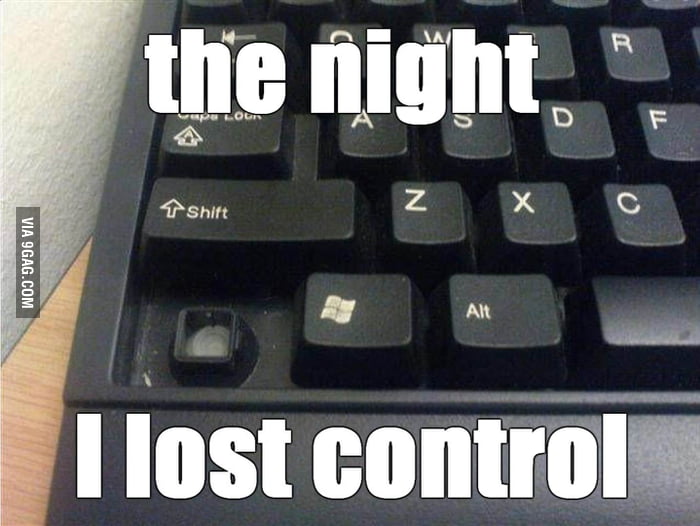 You may not get the outcomes that you thought you wanted but you will probably be pleasantly surprised too, as your expectations get exceeded…
You may not get the outcomes that you thought you wanted but you will probably be pleasantly surprised too, as your expectations get exceeded…
Do you want to get your life back on track? Sometimes, we just can’t see the wood from the trees & we need a bit of some clarity about what needs to happen next… Download your FREE Life Assessment Toolkit and start moving forward.
Download Now
controlcontrol freakcontrolling relationship
Seven Ways to Feel More in Control of Your Life
Leslie and Josh came to therapy to talk about their son’s problems in school. But it soon became apparent that they had a different problem altogether—one common to working parents.
Their daily routine included a dizzying array of activities and responsibilities that kept them constantly stressed. Getting their kids out the door to school was an ordeal, involving much haranguing and eating on the run. After working long hours, they arrived home to a laundry list of other duties. Constant interruptions from electronic devices made them feel on call to their workplaces and disengaged from each other. Though unhappy, they didn’t know what to do or how to make a change.
Constant interruptions from electronic devices made them feel on call to their workplaces and disengaged from each other. Though unhappy, they didn’t know what to do or how to make a change.
As an experienced child and family psychologist (Anthony) and a management psychologist who works with business leaders (Paul), we were struck by how common these concerns are. We hear the same thing over and over from the people who come to see us:
Advertisement XMeet the Greater Good Toolkit
From the GGSC to your bookshelf: 30 science-backed tools for well-being.
They feel overwhelmed by life.
They struggle to make choices and decisions.
They often feel stuck, adrift, or thwarted.
For many of us, the pace of life has accelerated to a level where we can’t fully adapt. We exist in a buzz of worry that we’re not doing what we’re meant to do, and the anxiety we feel, in turn, makes it difficult to get things done, creating a spiral of inaction. What we need is more agency: the ability to cut through all of what pulls at us, find emotional and physical balance, think more clearly, and advocate for ourselves so we can take a course of action that makes sense. With agency, we can feel more in command of our lives.
What we need is more agency: the ability to cut through all of what pulls at us, find emotional and physical balance, think more clearly, and advocate for ourselves so we can take a course of action that makes sense. With agency, we can feel more in command of our lives.
In our new book, The Power of Agency, we outline seven steps to creating more personal agency, so that you can put yourself on a more powerful path—whether at work, in your relationships, or in life in general. Here is what we recommend.
Control stimuli
Agency begins with what you let into your mind—meaning what comes in from your environment. If you are lacking agency, it’s likely your attention is being hijacked and you need to figure out how to restore it.
For example, research has shown that having a phone present while you work distracts you and interferes with your capacity to think. On the other hand, taking a walk (especially outdoors) is a good way to restore depleted attention in your brain so you can concentrate better later.
To help you increase your agency, practice going to quiet and screen-free spaces to escape overstimulation. That may mean spending time in nature, turning off your phone notifications while at work, or avoiding eating in loud cafeterias.
Associate selectively
It’s impossible not to be affected by those around us—it’s easy to “catch” their emotions, for example, and our brains tend to synch up when we associate with other people. That means you should set boundaries with difficult people, disentangle yourself from negative online interactions, and be more conscious of how you might be vulnerable to “groupthink”—pressures to behave or think in ways that are contrary to your values.
Instead, surround yourself with friends, family, and communities who encourage you to reach your full potential, nurture your talents, affirm your values and difficult decisions, and give you a reality check when you’ve behaved badly or are stuck in negative thinking. You can also get involved with your community through volunteering or just chatting with local merchants or neighbors. These positive social interactions will improve your state of mind and physical health, two critical building blocks of agency.
These positive social interactions will improve your state of mind and physical health, two critical building blocks of agency.
Move
Physical movement, along with proper rest and nutrition, puts your body and mind into balance, giving you greater motivation, strength, and stamina. Research has shown that sitting a lot is dangerous for your health, and that even short breaks from concentrated periods of inactivity—like getting up to stretch or walking around the block—are good for you. Studies also suggest that exercise can lead to greater self-control—the ability to defer gratification, which is key to agency.
If you’re in deep at work, set a timer to go off every hour and remind yourself to take a moment to assess your mood. If you’re feeling stuck or overwhelmed, get up and move. And, if you’re having any issues at work, discussing them in a walking meeting (instead of a sitting meeting) may help mitigate conflicts.
Position yourself as a learner
People with high levels of agency are continually learning more and expanding their capacity to learn by adopting a more open, collaborative approach to everything in life. This requires nurturing your curiosity and allowing yourself to explore new ideas, skills, and people.
This requires nurturing your curiosity and allowing yourself to explore new ideas, skills, and people.
You can take an interesting class, explore your world kinetically (through your hands or body), or spend time playing or using your imagination. Or you can learn from other people by staying curious and asking them open-ended questions, listening to gain understanding, and avoiding any quick judgments.
This isn’t always easy. Practicing a growth mindset—where you recognize that you are a work in progress, capable of learning and changing—can help combat the fear of failure or judgment that often come with learning new things. If you have trouble letting go of perfectionism, it might help to practice mindfulness meditation, which has been shown to reduce self-judgment, or use cognitive-behavioral therapy techniques that help put mistakes in perspective.
Manage your emotions and beliefs
Too often, we operate from unconscious beliefs—I’m too old to learn a new job skill or No one will ever want to be in a relationship with me—without being aware of how they thwart us from even trying certain things. When we are driven by unconscious emotions like fear, sadness, or worry, it can lower our energy and make us feel doomed or overwhelmed, which also hurts our agency.
When we are driven by unconscious emotions like fear, sadness, or worry, it can lower our energy and make us feel doomed or overwhelmed, which also hurts our agency.
This essay is adapted from The Power of Agency: The 7 Principles to Conquer Obstacles, Make Effective Decisions, and Create a Life on Your Own Terms (St. Martin's Press, 2019, 336 pages)
Increasing your awareness of how your emotions and beliefs drive your thinking, influence your behavior, and affect your judgment will help you navigate life with greater confidence. While uncovering these inner thoughts and emotions may take effort, being more self-reflective helps you keep grounded by slowing down your thinking process.
For example, try to catch yourself the next time you feel angry with yourself. Don’t automatically accept that harmful emotion or, worse, dwell on it. Instead, pause and question it. Why am I feeling this way? Am I pressuring myself too much? Maybe my beliefs and expectations need some adjusting. Start by slowing your thinking down. Take slow deep breaths. Take yourself to a quiet place. Consciously let go of the tension building up in your muscles. These simple techniques will relax you and keep you more self-aware. This enhances your agency by putting you more in charge of what you feel and think.
Start by slowing your thinking down. Take slow deep breaths. Take yourself to a quiet place. Consciously let go of the tension building up in your muscles. These simple techniques will relax you and keep you more self-aware. This enhances your agency by putting you more in charge of what you feel and think.
By learning how to recognize our inner emotions and thoughts, name them, and let them pass through us, we can practice more self-control, which also helps build greater agency.
Check your intuition
Think of intuition as deep inner knowledge that is comprised of millions of data points that our brains have observed over the course of our lives. When used wisely, it can be a tremendous boost to our creativity and help us make important decisions, thereby increasing our level of agency.
Many of us are familiar with visceral, gut feelings about people or things—such as when you meet a new boss and sense right away that he’s bad news. When you’re in situations involving unclear social demands with few clues to navigate them, this type of intuition can be useful to you.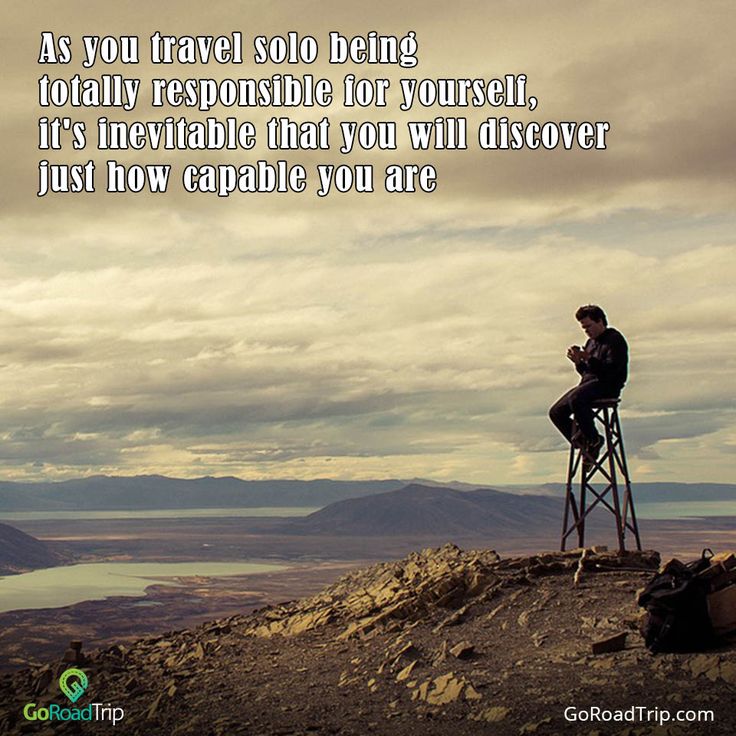 However, you must be careful not to confuse intuition with bias and prejudice. In situations where emotions are running high—like during a job interview or when swiping on Tinder, for example—it’s best to slow down, take a breath, check in with others, and get more information rather than relying exclusively on quick, automatic impressions.
However, you must be careful not to confuse intuition with bias and prejudice. In situations where emotions are running high—like during a job interview or when swiping on Tinder, for example—it’s best to slow down, take a breath, check in with others, and get more information rather than relying exclusively on quick, automatic impressions.
Strategic intuition, a second type of intuition, is more intentional. For example, you decide to stop thinking about a particularly vexing problem at work and—while on a long run, in the shower, or after meditating—a solution avails itself.
Finally, “expert” intuition happens after long periods, sometimes years, of practice at a particular skill. Here, less conscious parts of your brain are able to take over, provided you stay calm. Think of a pilot handling an emergency landing who allows their mind and body to perform as needed, without consciously thinking through each and every step.
You can get better at using intuition to inform your decision-making if you learn to quiet your mind, develop a greater awareness of what you’re thinking and feeling, and listen to your body.
Deliberate, then act
People with low agency experience common impediments when trying to make sound decisions. They may procrastinate, obsess over details, or worry excessively during the process; they may lack confidence and be risk-averse; or their thinking may be too fast and they act on impulse.
When making an important decision, like where to move or how to advance your career, it’s helpful to stop and deliberate first. Put yourself in an environment conducive to reflection and exploration, and make sure you have time and your emotions are calm. Then, focus on the issue at hand enough to clarify your primary objective and what is at stake. Asking open-ended questions and gathering pertinent facts also helps.
It’s good to generate lots of options at first, making sure that any strong emotions or biases aren’t driving your thoughts. Then, you can draft a plan for yourself based on those options, putting your thoughts and decisions into writing. The plan should simplify your options and incorporate the most important facts. At this point, let your mind rest and allow any intuition to rise to the surface. Set your plan aside and come back a while later to reassess it, making changes as necessary.
At this point, let your mind rest and allow any intuition to rise to the surface. Set your plan aside and come back a while later to reassess it, making changes as necessary.
Remember, taking action doesn’t require 100 percent certainty. Higher-agency people will start to act if they are 80 percent sure or more. So, don’t over-deliberate before acting. You can always reassess later if need be.
Having more agency means taking responsibility for your life. The next time you sense something happening around you—or within you—that doesn’t feel quite right, don’t ignore it and reflexively press on. Exercise the discipline to stop, pay attention, and work on finding a better path for yourself. By practicing more agency, you’ll have more influence over your life and greater impact on the lives of others.
How to stop controlling everything? | PSYCHOLOGIES
97 766
“Check if the child has forgotten the hat at home and if the housekeeper turned off the stove, remind the husband about the check-up, and the godmother about visiting the doctor, order a cake for the niece, hurry up colleagues with a report, ask them to call partners . .. although No, better call yourself.
.. although No, better call yourself.
The head of one of the departments of a large international firm, 33-year-old Oksana admits that such a stream of thoughts is spinning in her head from morning to evening almost non-stop: “On the one hand, it seems to me that my career successes would have been much more modest, not if I had the habit of keeping everything under control. On the other hand, relatives often complain that I am like a "soul". Yes, and I myself sometimes get tired of the constant need to either take everything on myself, or “carry out an audit”.
As for the desire to dictate to others how to live and what to do, a special term has been coined for this phenomenon — control freak (even without translation, it is clear that the word “care” and its cognate words are not here). Many justify this behavior with their own perfectionism. “His price,” warns psychologist Yevgeny Osin, “is the effort expended and the quality of relationships with relatives and colleagues. ”
”
Fear, anxiety - that's what makes us "keep our finger on the pulse"
The "controller-perfectionist" himself loses mental resources, and others get tired of his nitpicking and do not understand why it is so important to do some completely formal thing perfectly . Often at the heart of the pursuit of excellence lies the fear of failure or disapproval from others.
“When it is important for a person that everything is done flawlessly, he tries to control all the steps and cannot entrust things to others,” notes Osin. “This over-controllability can be good for business, but sometimes it just gets in the way.”
Fear, anxiety - that's what makes us "keep our finger on the pulse." And it does not matter how large-scale and really negative outcome we are afraid of: an explosion of domestic gas or imperfect performance of some - even the most insignificant - business at work.
“As a rule, such life beliefs are either transmitted, for example, by parents (“You have to control everything”), or become the result of some events,” explains clinical psychologist Yakov Kochetkov. - Moreover, he does not pay much attention to situations when a person did not control something and nothing happened, because they do not correspond to beliefs. What is remembered is what confirms them: say, someone forgot to turn off the iron, and a fire broke out - an obvious terrible consequence of a lack of control.
- Moreover, he does not pay much attention to situations when a person did not control something and nothing happened, because they do not correspond to beliefs. What is remembered is what confirms them: say, someone forgot to turn off the iron, and a fire broke out - an obvious terrible consequence of a lack of control.
What is good and bad about this habit?
Control is evolutionarily justified and protects us from negative, including truly dangerous situations. Who knows if mankind would have survived if primitive people had not been on the alert. And for a modern person, elementary control skills (and the basics of safety) are not superfluous: look around at a pedestrian crossing, hold a bag in a crowded place, check if the oven is turned off before leaving the house.
Another thing is that not everything requires our control and, moreover, not everything is subject to it. “People with controlling behavior are characterized by an increased level of anxiety,” notes Yakov Kochetkov. - They often try to predict events that may not happen, spending a lot of effort on this. The most unpleasant thing for such people is situations that they cannot influence. For example, flying in an airplane. Often aerophobia occurs precisely among those who are used to being responsible for everything.
- They often try to predict events that may not happen, spending a lot of effort on this. The most unpleasant thing for such people is situations that they cannot influence. For example, flying in an airplane. Often aerophobia occurs precisely among those who are used to being responsible for everything.
The released energy can be used to achieve some more important goals than constant control and struggle with anxiety
Most of us have been convinced more than once that this is only an illusion, that our vigilant control can protect us from any unforeseen situations and troubles.
There are different degrees of desire for control. The extreme, most pronounced, is called obsessive-compulsive disorder (formerly known as obsessive-compulsive disorder). Among other things, it manifests itself in the performance of a certain sequence of actions, for example, in repeated checks (is the light turned off? Is the gas? Sure?) or other repetitive actions (washing hands with soap three times in a row).
Yakov Kochetkov believes that in this case the intervention of a specialist is necessary. According to Evgeny Osin, one can live successfully with this disorder. But: "If you cope with it, then the released energy, strength and time can be used to achieve some more important life goals than constant control and struggle with anxiety."
How to stop controlling everything?
Yakov Kochetkov suggests the following technique: “In non-clinical cases of striving for control, you can set up an experiment: try to gradually deviate from your rules. For example, start delegating authority - transfer some of the responsibilities to Vasya and see if he can do it (and think about whether the consequences will be catastrophic if he doesn’t).
Be careful not to change your habits abruptly. Our beliefs are insidious: if you choose a task that really fails without our control, it will turn into a self-fulfilling prophecy, and you will remain in the opinion that nothing should be left to chance. Start small.
Start small.
Ask yourself if overcontrol helps or hinders you. Write down all the pros and cons (since you are asking this question, it means that you are already facing cons). The next task is to understand the origin of these beliefs. Where are they from? Is this a parental setting? Or the environment you were in?
Finally, try the expropriation procedure. Add another voice to your internal dialogue, tell yourself, “Stop. I know that this habit arose under the influence of such and such. It does not help much, and experiments have shown that it can be dispensed with. Thanks to this remark, you can draw a line between your adult inner "I" and children's beliefs.
If the nervous system is overexcited and it is difficult to switch to rest mode, special relaxation practices can help
According to Evgeny Osin, in non-critical cases, relaxation and rest helps to cope with anxiety - the cause of overcontrol: “The ability to relax and let go of control is necessary in order to rest.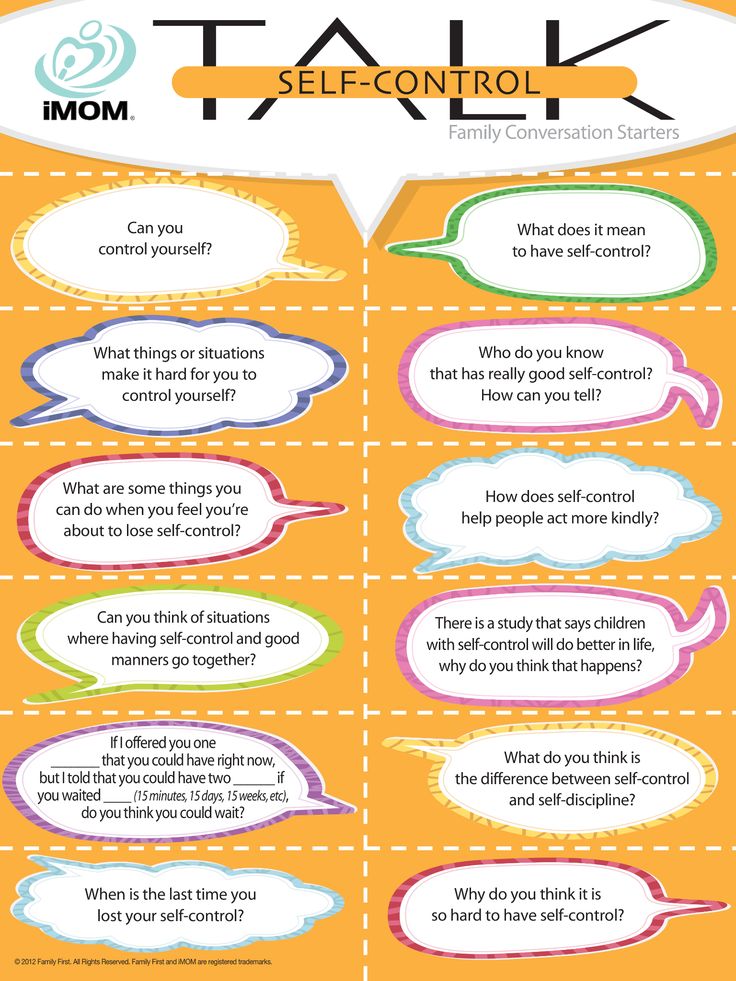 At this time, we restore our strength. No wonder they say: a happy person is one who does not think about rest at work, and does not think about work during rest.
At this time, we restore our strength. No wonder they say: a happy person is one who does not think about rest at work, and does not think about work during rest.
But if a person is not able to relax even at home (for example, thoughts about work, about how to earn money), over time this leads to mental exhaustion. Life loses color, nothing pleases, everyday affairs and the smallest, minor troubles and obstacles cause irritation. This means it's time to take a break. To do this, it is enough just to learn how to allocate time for yourself in everyday life and at this time really relax.
Each person has their own recipes for recuperation: spend an evening with a book or chat with old friends, devote time to beauty treatments or music, take a bath, wander in the park or exercise.
If the nervous system is overexcited and it is difficult to switch to rest mode, special relaxation practices developed by different cultures over the centuries can help: focusing on breathing or movement helps to return to yourself, to feel your own life, bodily practices of yoga or tai chi - to become internally free through the release of the body from muscle clamps.
American social psychologist and coach Amy Johnson advises answering the following questions:
- Control, among other things, is a consequence of fear. So what are you afraid of? What happens if you lose control of the situation? Are the consequences really that bad? You have already reminded your partner 14 times not to forget to buy eggplant. Are you so sure that their absence will spoil the evening?
- Your business is the course of things that you can influence. What you are now in control of, is it really your business? When we try to take control of what does not concern us, it does not lead to anything good.
- If you "let go" of the situation, won't you get a sense of freedom? It usually appears. Let this feeling help you loosen your grip.
The psychologist also offers the following algorithm:
- Think about why it is so important for you to control this situation.
- What gives you control? What do you get from it?
- Are you sure you get what you want?
- Accept that "under control" does not exist.

- Get rid of all your beliefs about control.
- The next time you find yourself trying to take matters into your own hands again, try to "go with the flow" and see what happens.
- Continue to "let go" and see what opportunities open up to you when you are not in control. What can you take away from this?
Text: Maria Ishchenko
New on the site
"I'm afraid to be an old maid"
Genius and madness: how the work of mentally unhealthy artists is changing
Shantaram series: how the film adaptation of one of the main bestsellers of the 2010s turned out
Unpredictable rules of the game: why narcissists love to control everything so much
“I am afraid to open up even to a psychotherapist. What is wrong with me?"
"I was attacked in the spring - and after that I am painfully afraid to go out"
Why do people with autism avoid eye contact?
20 signs of a "one-sided" relationship: how to get out of the trap of non-reciprocal love
Why you are constantly trying to control others and how to stop doing it
Gazeta.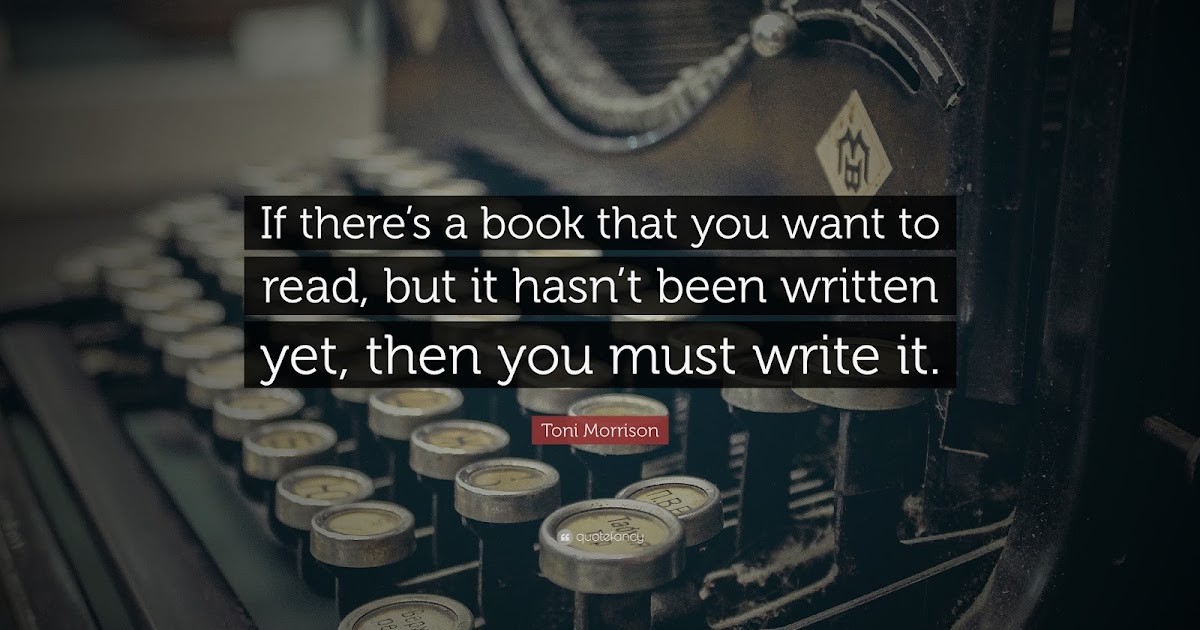 Ru has figured out how to stop controlling everything and everyone. Read this text under our supervision. See, it's good for everyone to stop doing it, even for us.
Ru has figured out how to stop controlling everything and everyone. Read this text under our supervision. See, it's good for everyone to stop doing it, even for us.
In order to stop controlling everything and everyone, you first need to admit to yourself that you are doing it. If you have read this sentence and are ready to state openly without any torture that you cannot stop controlling everything, wait aside. Now we will knock the confession out of everyone else and join you. Dear others, at least sometimes it seems to you that the work that you entrusted to someone, and did not do it yourself, will surely fail.
Sometimes it seems to you that you are the only one who understands what consequences await the company (family, friends) if something is done not the way you see fit, but in a different way.
You sometimes think that if people don't listen to you, they won't pay attention to you at all. Sometimes it seems to you that you are the smartest and no one notices. You sometimes think that the world would be a much better place if everyone did as you tell them to. If you agreed with at least one of these statements, congratulations, you passed our secret test and you have control problems.
You sometimes think that the world would be a much better place if everyone did as you tell them to. If you agreed with at least one of these statements, congratulations, you passed our secret test and you have control problems.
So, why do people have a burning need to control everything and everyone.
1. You have very high standards. You make very high demands on yourself and everyone around you, especially, admit it, those around you. You actually consider yourself a very wonderful person. But all these miserable people around you constantly disappoint you, and you can’t trust them with anything.
2. You are very afraid that no one will notice you. You feel much calmer when you control other people: it gives you, albeit temporary and false, but still a sense of control over the situation.
3. It seems to you that there is nothing worse than chaos and disorder. It seems to you that if you let go of control even for a minute, something irreparably terrible will happen.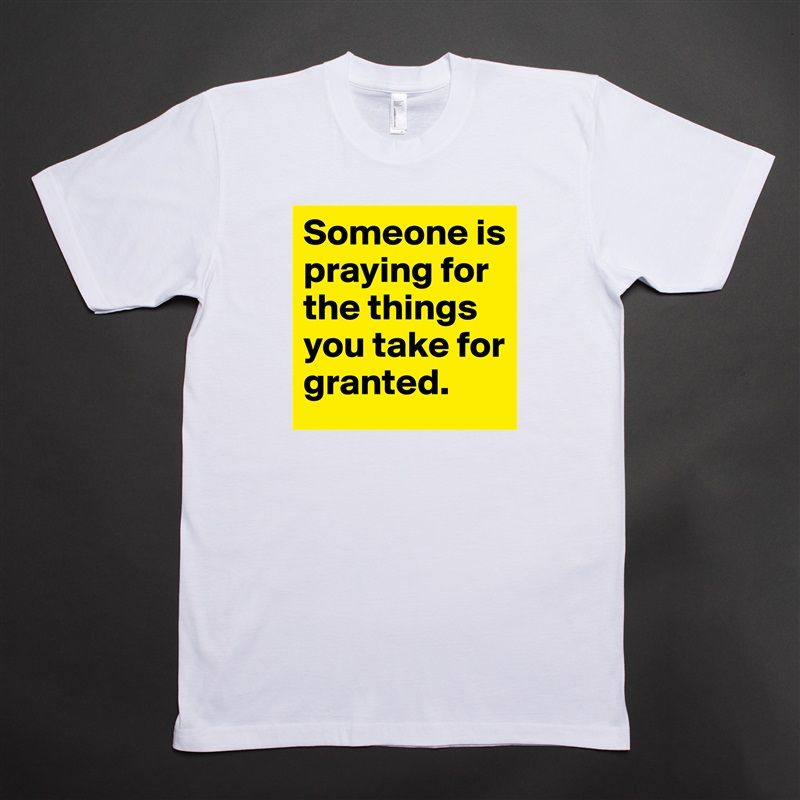 Over time, this feeling grows in you, and it comes to the point that even things scattered around the room piss you off, because disorder leads to chaos.
Over time, this feeling grows in you, and it comes to the point that even things scattered around the room piss you off, because disorder leads to chaos.
4. You really like to show off, stand out and in general draw attention to yourself in every possible way. You really want to be loved, but you are internally sure that it is impossible to love you voluntarily, and therefore you are trying to force others to do it by force by controlling it. Needless to say, this sweet tactic did not bring you any positive results and, most likely, turned a lot more people away from you than it attracted.
5. You have a huge ego that grows even stronger because you are actually quite a smart and talented person. That is why it is especially difficult for you to understand why all the people of the Earth do not want to voluntarily be under the control of such a wonderful person as you.
But why is it bad, you ask? I manage to do everything on time, I can control any group of people and in general I am a big, albeit a little tense fellow. Well, here one could give many psychological and even scientific explanations of why it is bad to try to control everything and everyone, but we will not do this and give one, everyday: no one likes you. And no, you can't lie, we know you care.
Well, here one could give many psychological and even scientific explanations of why it is bad to try to control everything and everyone, but we will not do this and give one, everyday: no one likes you. And no, you can't lie, we know you care.
In your ideal world, you would control everyone, and they, all of them, would love you very much for it. Yes, you are just a tyrant. And it would be fine if it didn't bother you.
But it worries - maybe that's why you are so unhappy. So what do you do with it?
1. Deal with your ego
It has been your protector and helper for many years, but now it interferes with you. Yes, you are beautiful, but, you will be surprised, you are not alone beautiful. Other people are good at things too. And as much as it hurts to admit it, you can't be the best at absolutely everything. Some of your friends do at least something, but do better than you.
Let's admit it and share a bit of a place on the captain's bridge, where you are not bored, but very lonely.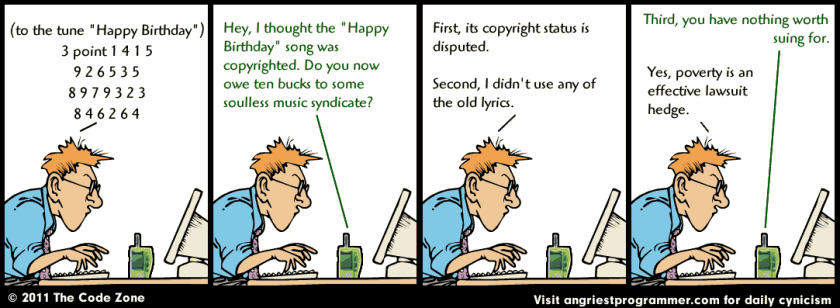
2. Stop "micromanaging" and start delegating
Both at home and at work, there are probably small things that you absolutely do not need to do yourself. Teach others to fulfill these responsibilities. You will be surprised, but not only will this relax you a little and allow you to buy a lot of time, you will even enjoy the fact that someone under your leadership has achieved something more.
Watching the success of the people you have taught is also nice. And do not forget: they and everyone around will appreciate your generosity and openness.
It will be easier for you to please people, and in the end you will achieve exactly what tyranny tried unsuccessfully to achieve - they will love you.
3. Recognize that you cannot control absolutely everything
The main source of irritation for you is that someone did not listen to you or that something in your life suddenly went wrong as you planned. Shocking news number one: it happens to everyone, you are not alone. Shocking news number two: if you do something very bold, which is to relax, you will begin to enjoy how unpredictable your life is. It will turn out that new, amazing, unexpected and completely beyond your control things happen to you, and these are what you will remember when you grow old, and not how everything was according to plan when you were in control.
Shocking news number two: if you do something very bold, which is to relax, you will begin to enjoy how unpredictable your life is. It will turn out that new, amazing, unexpected and completely beyond your control things happen to you, and these are what you will remember when you grow old, and not how everything was according to plan when you were in control.
4. Start with one thing
It is very difficult for a person who has been trying to control everything all his life to stop doing it, even if he wants to. But you are still resisting and are not sure that you generally need to take risks and stop your vigilant control over yourself and others.
That's why you should start by taking control of one aspect of your life.
For example, stop counting calories and generally stop thinking about what you can or cannot eat. Or stop asking your son every day what he got at school today. The world will not collapse, honestly. And maybe you will finally feel happier after a little withdrawal.




